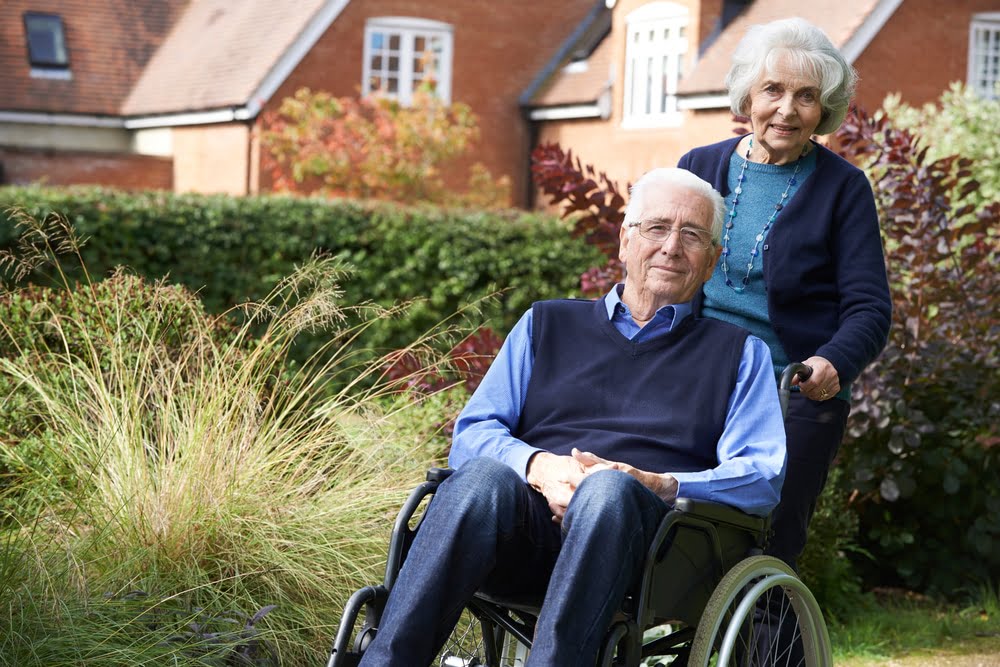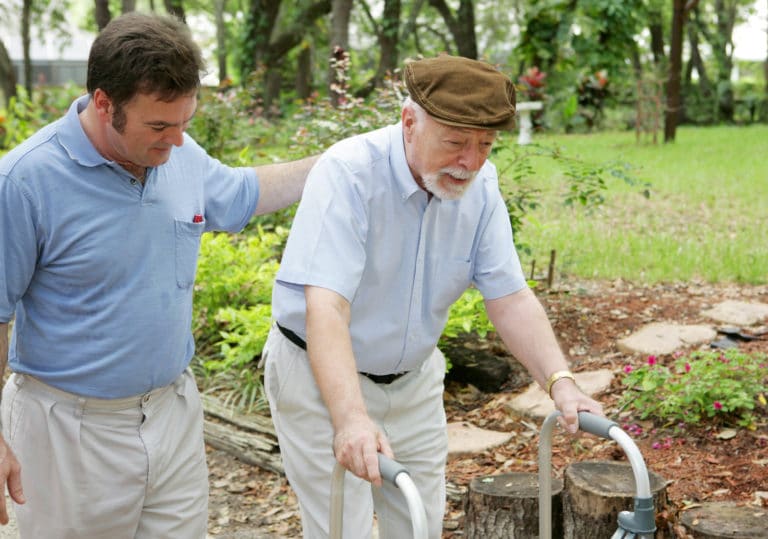Medicaid law provides special protections for the spouses of Medicaid applicants to make sure the spouses have the minimum support needed to continue to live in the community while their husband or wife is receiving long-term care benefits, usually in a nursing home.
The so-called “spousal protections” work this way: if the Medicaid applicant is married, the countable assets of both the community spouse and the institutionalized spouse are totaled as of the date of “institutionalization,” the day on which the ill spouse enters either a hospital or a long-term care facility in which he or she then stays for at least 30 days. (This is sometimes called the “snapshot” date because Medicaid is taking a picture of the couple’s assets as of this date.)
In order to be eligible for Medicaid benefits a nursing home resident may have no more than $2,000 in assets. In South Carolina, the community spouse may keep up to $66,480 (in 2021), regardless of whether or not this represents half the couple’s assets.
The income of the community spouse is not counted in determining the Medicaid applicant’s eligibility. Only income in the applicant’s name is counted. Thus, even if the community spouse is still working and earning, say, $5,000 a month, she will not have to contribute to the cost of caring for her spouse in a nursing home if he is covered by Medicaid. In some states, however, if the community spouse’s income exceeds certain levels, he or she does have to make a monetary contribution towards the cost of the institutionalized spouse’s care. The community spouse’s income is not considered in determining eligibility, but there is a subsequent contribution requirement.
But what if most of the couple’s income is in the name of the institutionalized spouse and the community spouse’s income is not enough to live on? In such cases, the community spouse is entitled to some or all of the monthly income of the institutionalized spouse. How much the community spouse is entitled to depends on what the Medicaid agency determines to be a minimum income level for the community spouse. This figure, known as the minimum monthly maintenance needs allowance or MMMNA, is calculated for each community spouse according to a complicated formula based on his or her housing costs. The MMMNA may range from a low of $2,155 to a high of $3,259.50 a month (in 2021). If the community spouse’s own income falls below his or her MMMNA, the shortfall is made up from the nursing home spouse’s income.
Example: Joe Smith and his wife Sally Brown have a joint income of $3,000 a month, $1,700 of which is in Mr. Smith’s name and $700 is in Ms. Brown’s name. Mr. Smith enters a nursing home and applies for Medicaid. The Medicaid agency determines that Ms. Brown’s MMMNA is $2,200 (based on her housing costs). Since Ms. Brown’s own income is only $700 a month, the Medicaid agency allocates $1,500 of Mr. Smith’s income to her support. Since Mr. Smith also may keep a $60-a-month personal needs allowance, his obligation to pay the nursing home is only $140 a month ($1,700 – $1,500 – $60 = $140).
In exceptional circumstances, community spouses may seek an increase in their MMMNAs either by appealing to the state Medicaid agency or by obtaining a court order of spousal support.
Contact Lexington, South Carolina attorney Kevin Hardy to find out what you can do to make sure your spouse has enough income to live on.







